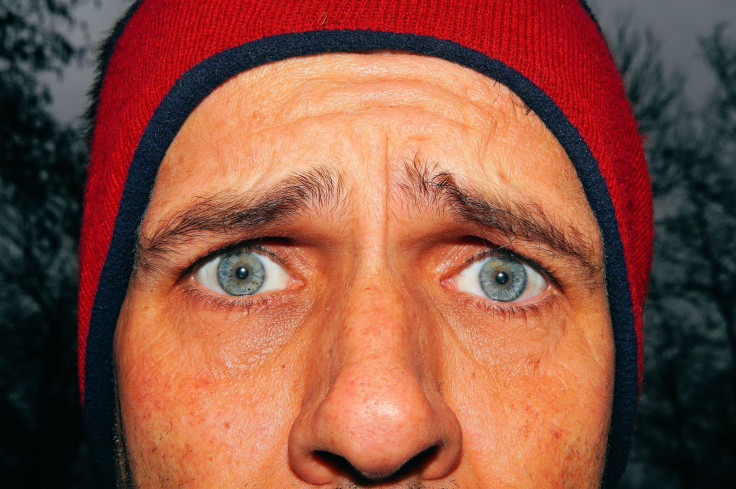Burnout And Depression Overlap Far More Often Than You Think: How To Prevent Both

When you’re burnt out — from working too many hours for months, or from mental or emotional exhaustion — it may be difficult to discern whether your burnout is caused by depression, or vice versa. The two certainly share common features: fatigue, lack of motivation, a loss of interest in things that once excited you. Now, a new study finds that most people who are burnt out also have depression, showing that the two conditions overlap more often than previously believed.
Burnout is a condition that is neither often talked about, nor is it frequently given credit as its own mental illness that should be treated properly. According to the National Institutes of Health (NIH), doctors aren't entirely sure how to diagnose burnout, and they're still not sure whether it stands as its own illness or if it's merely an associating factor with depression, stress, and anxiety.
Regardless, the term "burnout" typically refers to someone over-working themselves and building up too much stress. It involves chronic stress that leads to physical and emotional exhaustion, cynicism, lack of accomplishment at work or life in general, and a general lack of motivation. Like depression or anxiety, burnout can prevent people from functioning in their daily lives, and hold them back from accomplishing goals.
In the study, the researchers examined a survey of 1,386 public school teachers who taught pre-K to 12th grade classes. They were asked to report on whether they felt burnt out in the survey, and were thus classified into “burnout” or “no-burnout” groups. The researchers found that among the no-burnout group, less than one percent of the teachers met criteria to be diagnosed with depression. Eighty-six percent of the burnout group, meanwhile, met the criteria for depression.
“Our purpose was not to determine the prevalence of burnout or depressive symptoms in a representative sample of teachers,” the authors, Professor Irvin Schonfeld and Renzo Bianchi, said in the press release. “Our analytic purpose was to determine the extent to which burnout and depression overlap, both dimensionally and categorically.”
Teachers in the burnout group were three times as likely to have a history of depression, and were four times as likely to be taking antidepressants, the researchers found. They were also more likely to have anxiety problems. Another recent study found that nurses who worked the longest shifts were more likely to experience burnout and hate their jobs, perhaps because working too much simply leaves no time for work-life balance or self-care.
At the end of the day, however, we still wonder: Is it the chicken or the egg? The study doesn’t delve into understanding whether depression is caused by the burnout, or whether people are more likely to experience burnout if they’re already prone to depression. However, we can at least try to discuss burnout and how to prevent it from impacting our lives negatively.
First, look at yourself and see if you’ve experience the signs of burnout for weeks or even months: chronic fatigue, insomnia, lack of concentration, getting sick way too often, loss of appetite, physical symptoms (dizziness, tension headaches, stomach pain), and anxiety. Burnt out people are also more likely to isolate themselves, feel detached, or be way more pessimistic about things than they used to be.
If you associate your feelings with any of these symptoms, psychologist Dr. Sherrie Bourg Carter suggests in Psychology Today to start taking vacations more often, quite simply. Take a restful weekend — where you focus only on doing things you enjoy, and no work — and see if the burnout symptoms reduce. If they don’t, you'll have to start making lifestyle changes that will reduce your stress on a daily basis, whether that means exercising more often, using your vacation days wisely, or even changing jobs or careers.
Perhaps the first step after recognizing that you have burnout is reminding yourself that even though you’re older, more stressed, and cynical than you used to be, you’re still the same person at the core — the same one who got excited about a certain career or hobby.
“Your drive, your enthusiasm, your passion, and your energy may have gotten buried under the weight of the stress you’ve been carrying around, but those qualities and all the other good ones are still inside you,” Carter writes.
Source: Schonfeld I, Bianchi R. Burnout and Depression: Two Entities or One? Journal of Clinical Psychology. 2015.
Published by Medicaldaily.com



























